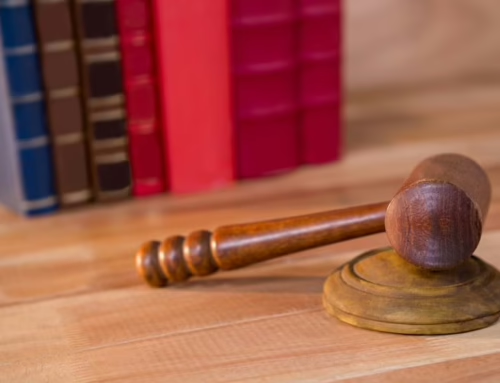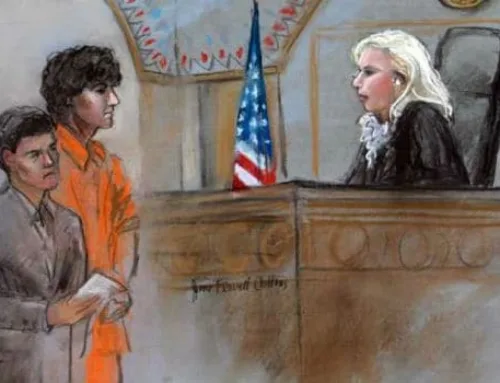Persons accused of a crime can always challenge the accusation by raising a legal defense. A legal defense basically says a defendant is not guilty because of some reason. The main ways to defend charges are to seek suppression of evidence, to show that the prosecution cannot establish an element of the charge, or to show that the defendant’s actions were justified. If successful, a defense can reduce or even dismiss a charge.
Some of the most common legal defenses to Washington crimes are provided below. Please note that not every defense will apply to every offense or criminal case. The facts of a case typically determine what legal defense gets raised.
Self-Defense
Under Washington Law, a person can use reasonable force to defend himself. A person can even use reasonable force to defend others. The facts of a case will determine whether the force used was reasonable or not. Note though, that a person cannot use more force than is necessary under the circumstances.
This defense does not require that a person be under attack or injured. Washington law permits a person to defend himself if he reasonably believes he is about to be attacked or injured. Again though, any force used is limited to that which is necessary.
Self-defense is often raised in cases involving violent crimes, including assault.
No Probable Cause
This line of defense tries to exclude evidence that is being used against a defendant. Washington law says that a police officer must have probable cause to detain or arrest a suspect. “Probable cause” essentially means that there is a reasonable belief that someone committed a crime (based on all of the circumstances). If a person was stopped or arrested without probable cause, then any evidence obtained following the improper stop/arrest could get excluded from the case. The same is true for searches conducted pursuant to search warrants. If those warrants are later shown to be based on insufficient probable cause, illegally obtained information, or false statements by law enforcement, the evidence uncovered with the warrants could also be excluded. This exclusion could result in dismissal or reduction in charges.
No probable cause is a defense often raised in cases involving drug crimes and asset forfeiture, where the question of admissibility of evidence is often crucial.
Necessity
Suppose, for example, a person is walking late at night in downtown Seattle. Someone suddenly runs from an alley and threatens to rob the person. The victim then runs and breaks into a shop in order to hide and call 9-1-1 from his cell phone.
If the victim is later charged with a crime, he can raise the defense of necessity. This defense excuses criminal acts when they are done only to avoid a larger harm. In the example above, the victim committed the criminal act of breaking into the shop, but he did so in order to avoid the greater harm of getting robbed.
Necessity can be raised in cases involving theft charges and certain federal offenses.
Alibi
An alibi defense means that a defendant was somewhere else when a crime was committed. Being at this other place shows that an accused could not have been at a crime scene committing a criminal act. The best alibi defenses are those that can be corroborated with certain evidence like witnesses, receipts, or surveillance videos.
An alibi defense can be used in several different criminal cases, including those involving sex crimes and domestic violence charges.
Please know that the best defenses are those raised by a skilled and knowledgeable criminal defense attorney. A talented criminal defense lawyer can sort through the facts of a case and find the most effective defense for his client. The attorneys at Black & Askerov have honed these skills over decades of practicing criminal law. They have successfully raised legal defenses on behalf of their clients and have achieved charge reductions and charge dismissals. They have over 30 years of combined experience fighting for their clients and they are ready to fight for you. Contact them now!





